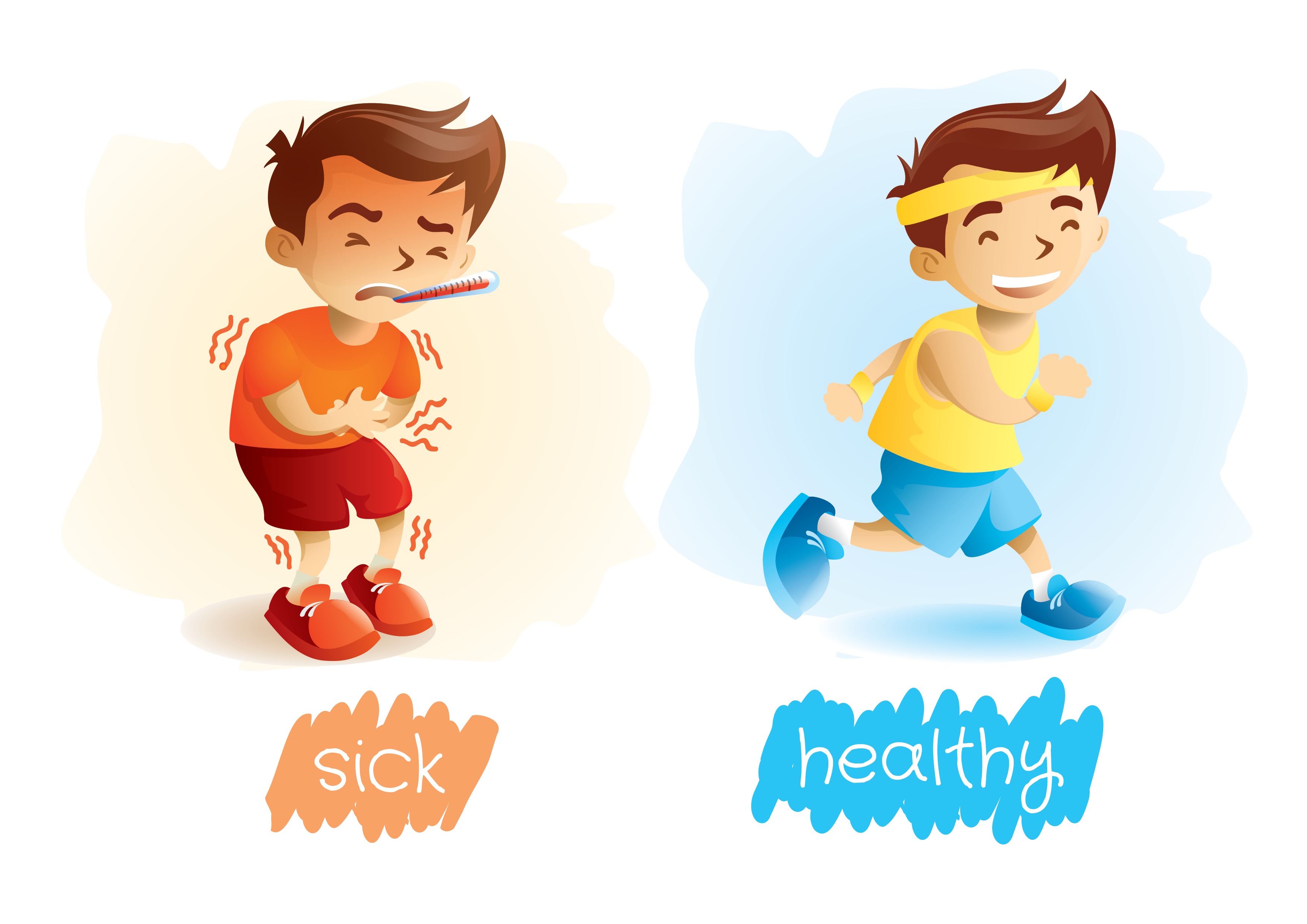There were several questions asked regarding running with a fever. Many of us have either experience this or will experience this one day, especially given the recent weather patterns and changes in the season.
The question runners always ask:
Is it safe to run or not when you have a temperature?
Should you “sweat it out?”
First, take your temperature and if it’s above 99 degrees, DON’T RUN.
Based on numerous medical studies, running will not help your immune system fight the fever.
What can happen if you run with a fever? Some runners have developed severe and persistent symptoms similar to those of chronic fatigue syndrome. Symptoms may be arthritic. Sometimes causing runners to lose balance, stumble and fall. This may lead to a “postviral syndrome” which can be exacerbated by running or racing.
Please note, this is not common and rather rare, however, based on studies, it’s an example of the risk you take by running while ill. David Nieman, Ph.D., who heads the Human Performance Laboratory at Appalachian State University, and has run 58 marathons and ultras, uses the “neck rule.”
Symptoms below the neck (chest cold, bronchial infection, body ache) require time off
symptoms above the neck (runny nose, stuffiness, sneezing) don’t pose a risk to runners continuing workouts.
“Running with a fever makes the fever and flu-like symptoms worse,” says Dr. Nieman, “and it can lead to other complications.”
During exercise, your heart pumps a large amount of blood from your muscles to your skin, dissipating the heat your body generates. If you have a fever, your temperature will rise even higher, and your heart will be put under greater strain to keep your temperature from soaring. In some cases, this can produce an irregular heartbeat.
Also, a virus can cause your muscles to feel sore and achy; exercising when your muscles are already compromised could lead to injury.
I’m obviously not a physician, however, as a coach, (any great coach and medical healthcare professionals would also) recommend that runners with a fever or the flu hold off until the day after the symptoms disappear–and then go for a short, easy run. Runners should wait one to two weeks before resuming their pre-illness intensity and mileage. Otherwise, there is a potential of risking your health or relapse.

